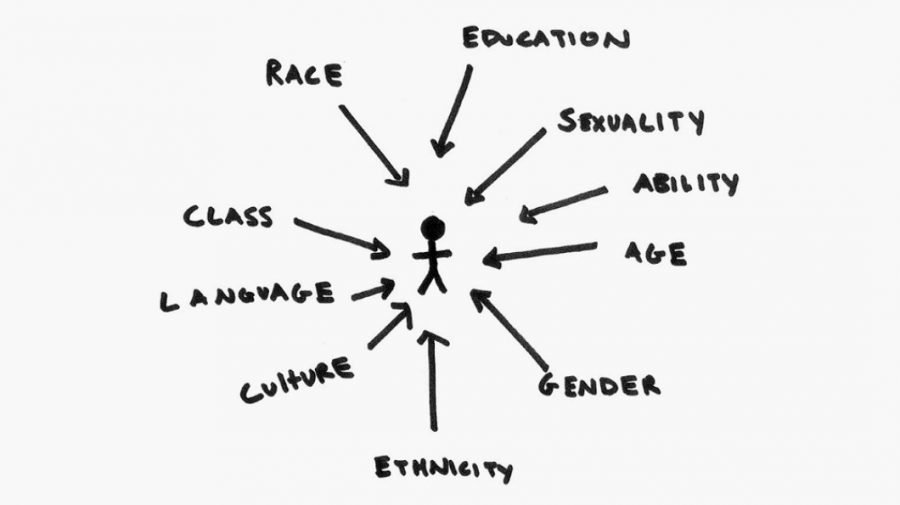Women’s History Month and Intersectionality
March 30, 2018
In 1987, Congress passed legislation which included March of that year would be declared, “Women’s History Month”. Since 1995, each year, March has been declared Women’s History Month by the President of the United States. What started off as Women’s History Week was originally declared to highlight women’s role in history because it was rarely taught in K-12 public schools (National Women’s History Project). Despite having a month to focus on women’s role in history, many people are still forgotten. Intersectionality can be a part of the solution to this problem.
Intersectionality is defined, by Merriam-Webster Dictionary, as, “the complex, cumulative way in which the effects of multiple forms of discrimination (such as racism, sexism, and classism) combine, overlap, or intersect especially in the experiences of marginalized individuals or groups”. Intersectionality allows for many people to be included in a conversation that they previously may have been excluded from.
As recounted in an article by Gina M. Florio for Bustle, if students in U.S. public schools are taught about women, during Women’s History Month or anytime, they’re most likely going to be white, cisgender women. When this happens, many important people are forgotten.
This problem may reach beyond K-12 schools. UWL Junior Melissa Vander Sluis commented that “Intersectionality matters in every institution. Specifically, at UWL, intersectionality should matter to the institution a lot more than it currently does.” She noted, “As a place of education, it’s pertinent that those being educated and the content that is being taught recognizes the intersections of a person’s identities because without that recognition/ acknowledgment no one will learn in the most accurate and inclusive of ways.”
UWL Junior Rachel Bernard explained that intersectionality is, “important to remember, especially at a university where the majority of the student body is white, that equality means equality.” Bernard went on to add, “An issue of gender equality is not just an issue of white gender equality, it’s inclusive. I think that’s easy to forget in a primarily white region.”
Vander Sluis elaborated on thoughts about identity. “No person is made up of one thing that encompasses their entire being. No one has just one story. Everyone has a variety of identities that all combine and ultimately form the individual.” Vander Sluis added a final thought: “Refusing to acknowledge one of those identities is refusing to acknowledge the entirety of a person and thus formulates a detrimental ignorance.”
The women many of us may not have had the opportunity to learn about have helped shape our world. Like, Lynn Conway, “a technology pioneer whose contributions helped reshape the ways computers are conceptualized and designed”, for example (ABC News). Conway is a transgender woman who paved the way for the first supercomputer. She’s received many awards, “including election as a Member of the National Academy of Engineering – the highest professional recognition an engineer can receive” (Engineering and Technology History). Conway is currently a Professor of Electrical Engineering and Computer Science at the University of Michigan, Ann Arbor.
Alicia Garza is another woman who has shaped our world. Garza is a co-founder of Black Lives Matter, “a globally recognized organizing project that focuses on combatting anti-Black state-sanctioned violence and the oppression of all Black people”. Garza’s media presence has helped keep the movement she co-founded in the news. “As a queer Black woman, Garza’s leadership and work challenge the misconception that only cisgender Black men encounter police and state violence”(Black Lives Matter).
LaDonna Harris is a Comanche activist who founded the national organization, Americans for Indian Opportunity. Harris taught “Indian 101” to members of Congress for over 30 years. “LaDonna went on to help return land to several Alaskan tribes and the Taos Pueblo tribe of New Mexico, formed the National Women’s Political Caucus…and helped the Menominee Tribe gain federal recognition”(PBS).
Women’s history contributes to everyone’s history. If our recognition of Women’s History Month doesn’t reflect all women, we all lose a huge part of our story.






